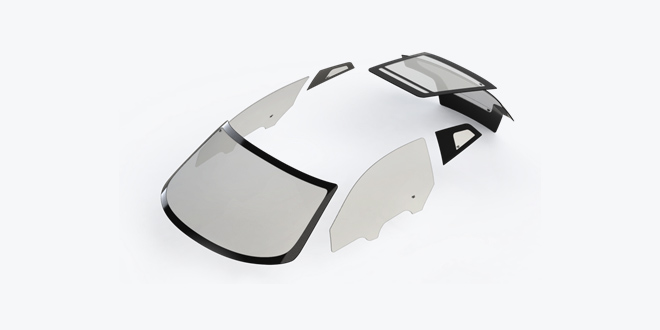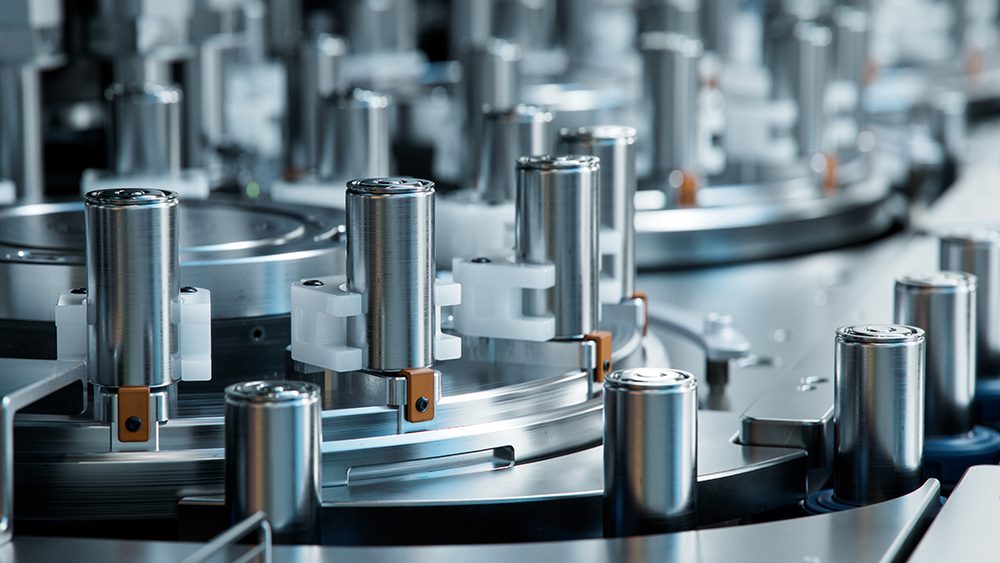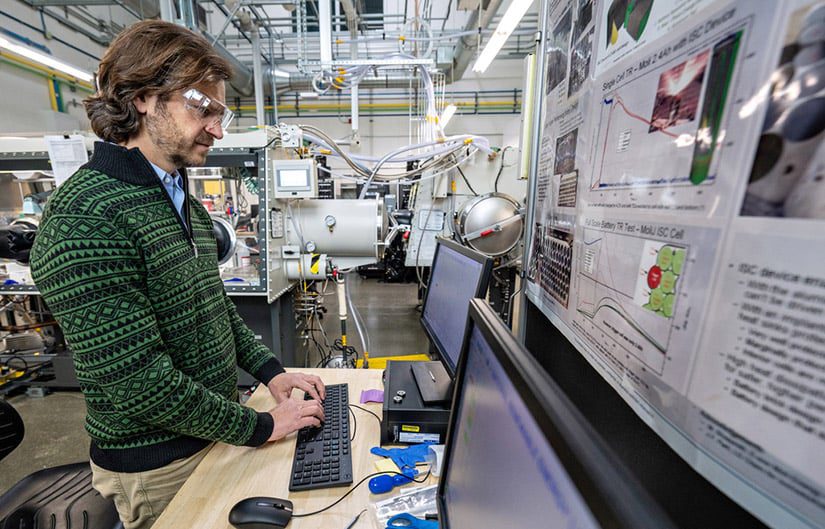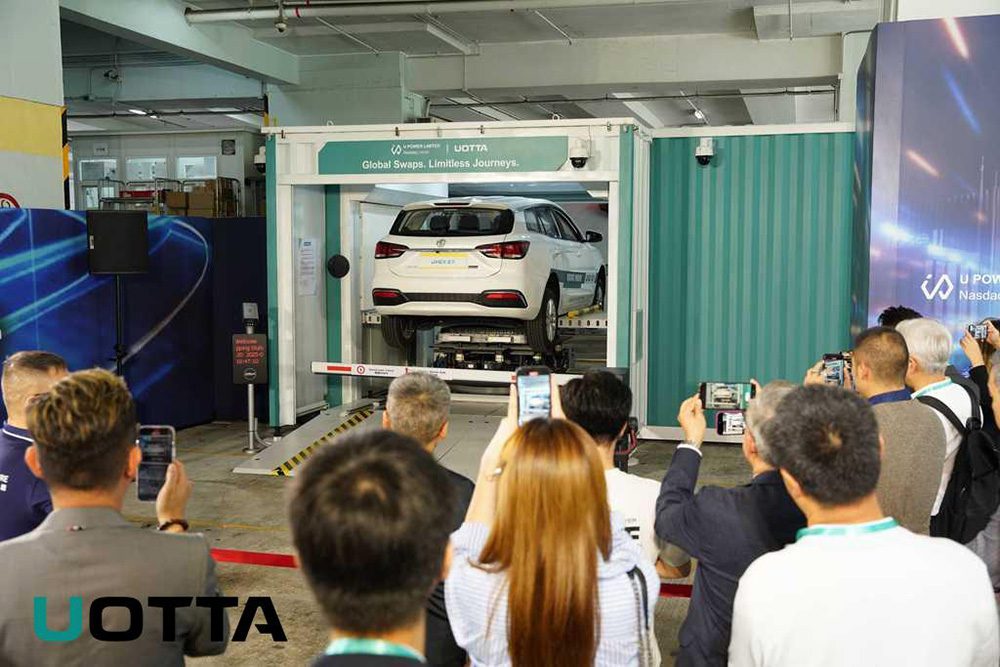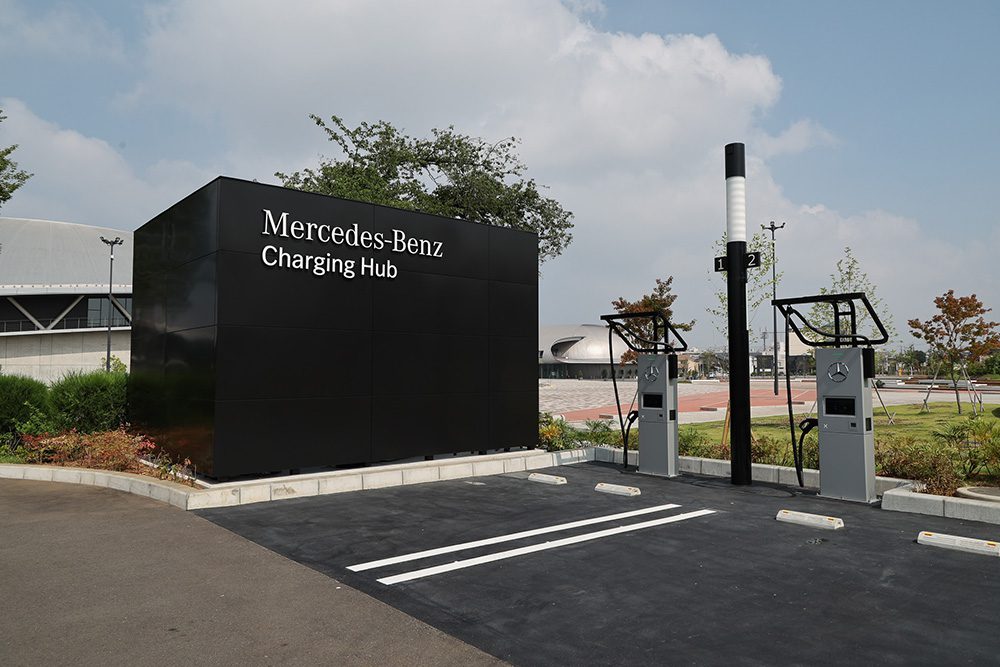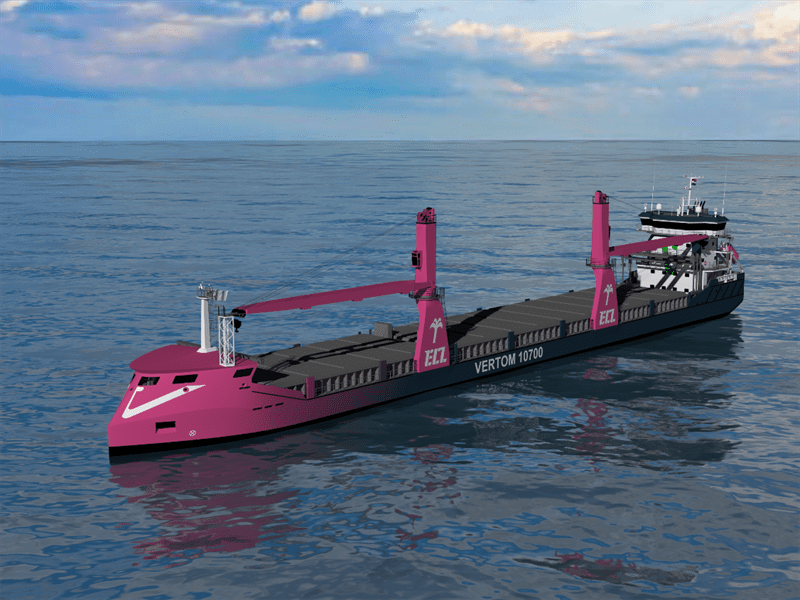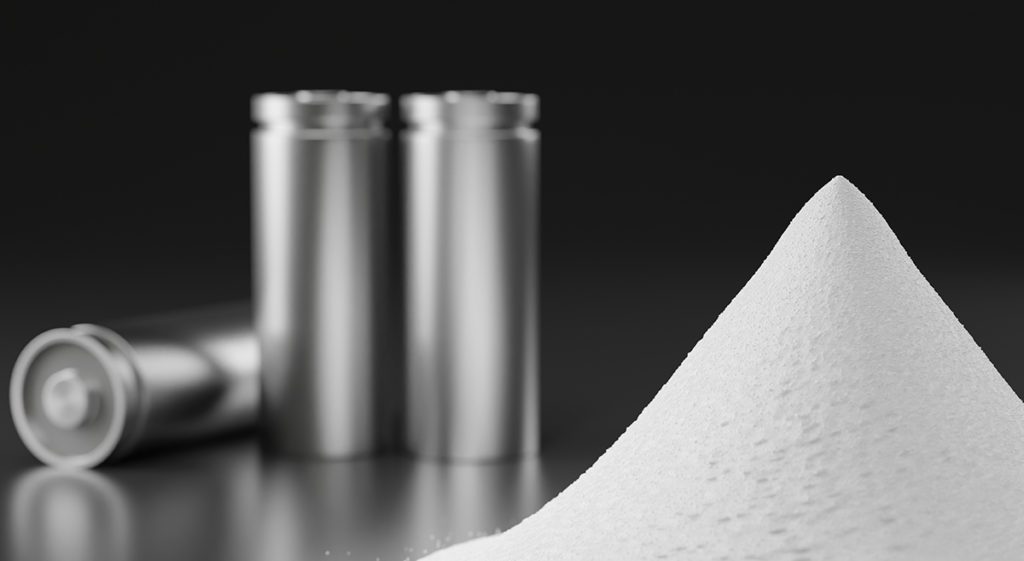The relentless quest to build lighter vehicles is driven by the need to reduce emissions, but it sometimes produces other benefits as well. A German-based consortium including BMW and Daimler has built a concept EV with all-plastic windows that not only demonstrates gains in energy efficiency and range, but also delivers improved acceleration, vehicle handling and security.
The concept vehicle, developed as part of the Visio.M (Visionary Mobility) project, uses windows made of LEXAN resin, a polycarbonate (PC) material made by Saudi Basic Industries Corporation (SABIC). Compared to conventional glass, using the LEXAN windows reduces weight by over 13 kg and extends driving range by up to two km. Polycarbonate’s superior insulating properties reduce demands on the car’s heating and air conditioning system, and make possible up to 15 additional kilometers in extended range. The concept EV weighs 450 kg (without battery), and has a 15 kW motor.
MORE: BMW joint venture to double – wait, make that triple – carbon fiber production
“A significant share of an EV’s energy consumption depends on its weight,” said Stefan Riederer of BMW Research & Technology. “A low vehicle weight allows for smaller and lighter battery designs, in addition to lighter designs of the electric motor, the chassis and other components. The weight savings that we were able to achieve across our EV concept, including the significant drop in weight from the windows with SABIC’s materials and development support, allowed us to significantly reduce the amount of energy required to move the car and meet the design intent of the vehicle.”
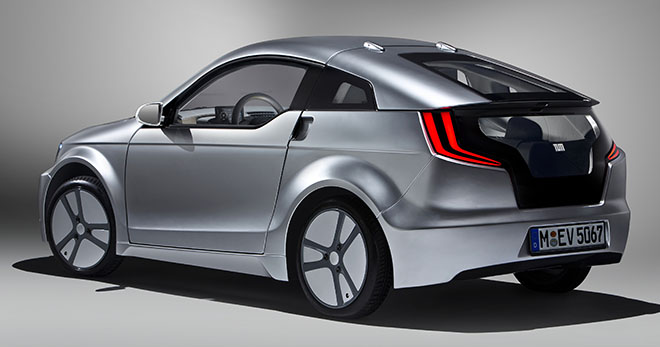
The reduced weight of the PC windows allows quicker acceleration, and contributes to a lower center of gravity, which improves handling and stability. Furthermore, LEXAN resin has up to 100 times the impact resistance of glass, offering reduced risk from theft.
“The Visio.M concept is a good example of the important contributions that a lightweight enabler like PC glazing can make for global automakers and consumers,” said SABIC’s Scott Fallon. “PC glazing continues to prove that it can contribute very meaningfully to improved vehicle efficiency and performance.”
Current European regulations permit PC to be used for all automotive windows except the windshield. The Visio.M windows were designed to use PC or glass for testing and comparison purposes. SABIC says that if the windows had been designed for PC alone, additional energy efficiency gains could have been achieved, because of PC’s greater shape flexibility, which allows for aerodynamic features that can minimize drag. PC could also be integrated with other components such as pillars, mirrors, cameras, rear lighting and spoilers.







